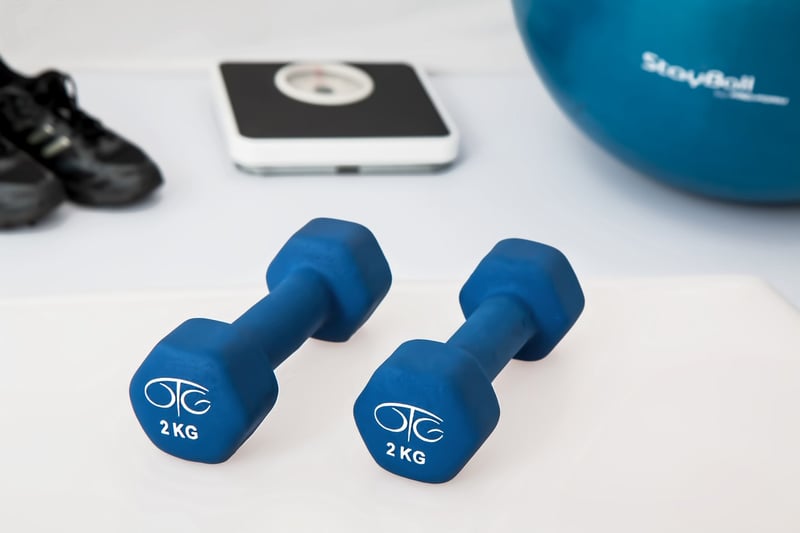Rehabilitation Exercises
Healing through Movement: Rehabilitation Exercises for a Healthy Body
Physical activity plays a crucial role in the healing process of the body. Whether recovering from an injury, surgery, or simply looking to improve overall well-being, rehabilitation exercises can aid in restoring strength, flexibility, and function. Let's explore some key movements that promote healing and support rehabilitation.
1. Stretching Exercises
Stretching helps improve flexibility, reduce muscle tension, and increase blood flow to the muscles. Incorporating gentle stretching exercises into your routine can help prevent injuries and improve range of motion. Try incorporating stretches for major muscle groups such as hamstrings, quadriceps, shoulders, and back.

2. Strength Training
Strength training exercises focus on building muscle mass and increasing overall strength. These exercises can help stabilize joints, improve balance, and prevent future injuries. Include exercises such as squats, lunges, push-ups, and bicep curls in your routine to target different muscle groups.

3. Aerobic Activities
Aerobic exercises, such as walking, swimming, or cycling, help improve cardiovascular health, boost endurance, and promote overall well-being. These activities increase heart rate and oxygen flow, supporting the body's healing process. Aim for at least 150 minutes of moderate-intensity aerobic activity per week.

4. Balance and Stability Exercises
Balance and stability exercises are essential for improving coordination, preventing falls, and enhancing overall mobility. Incorporate exercises like single-leg stands, heel-to-toe walks, and balance board activities to challenge your stability and strengthen core muscles.

5. Mind-Body Practices
Practices such as yoga, tai chi, and Pilates combine physical movement with mindfulness, promoting relaxation, stress reduction, and improved mental well-being. These mind-body exercises can help enhance flexibility, strength, and overall quality of life during the rehabilitation process.

Remember to consult with a healthcare provider or a physical therapist before starting any new exercise routine, especially during the rehabilitation process. Listen to your body, start slowly, and gradually increase the intensity of your workouts to support healing and prevent setbacks.
Embrace the power of movement in your healing journey and incorporate these rehabilitation exercises into your daily routine for a stronger, healthier body.
